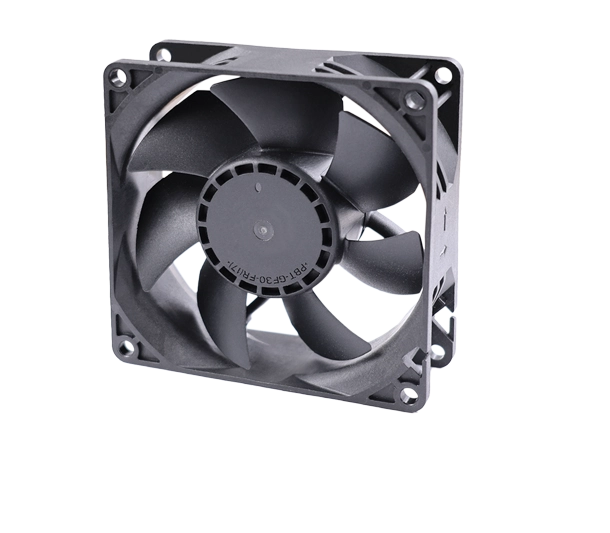Laser cutting technology offers precision, speed and versatility unmatched by traditional cutting methods. However, this advanced technology comes with its own set of security issues. In this blog post, Suzhou Lieqi will share with you how to use hidden laser cutting equipment safely.
Understanding Laser Cutting Technology
Before diving into safety measures, it's important to understand what laser cutting is and how it works. Laser cutting uses a high-powered laser beam to cut through materials such as metal, wood, acrylic, and textiles. The laser is focused through a lens and directed onto the material, which is then heated to the point of vaporization, creating a precise cut.
Key Components of Laser Cutting Equipment
- Laser Source: The heart of the system, generating the laser beam.
- Control System: Directs the laser beam and coordinates cutting patterns.
- Worktable: Holds the material being cut.
- Chassis: Houses the components and provides stability.
- Safety Features: Includes interlocks, emergency stop buttons, and protective covers.
Risks Associated with Laser Cutting
Eye Hazards
The most significant risk associated with laser cutting is the potential for eye injury. The intense light can cause permanent damage if viewed directly or reflected into the eyes.
Skin Hazards
Laser radiation can cause burns if it comes into direct contact with the skin.
Fire Hazards
Materials can ignite under the intense heat of the laser, leading to fire hazards.
Fumes and Gases
Some materials, when cut, can release toxic fumes or gases that are harmful to inhale.
Safety Precautions for Hidden Laser Cutting Equipment
Training and Certification
Ensure that all operators are adequately trained and certified in the use of laser cutting equipment. This includes understanding the risks, operation procedures, and emergency protocols.
Personal Protective Equipment (PPE)
- Eye Protection: Use laser safety goggles or glasses that are rated for the specific wavelength of the laser in use.
- Skin Protection: Wear protective gloves and clothing to prevent burns.
- Respiratory Protection: Use a mask or respirator if there's a risk of inhaling fumes or gases.

Safe Operating Procedures
- Machine Inspection: Before each use, inspect the laser cutting system for any visible damage or malfunctions.
- Secure Work Area: Ensure the work area is clear of unnecessary personnel and obstacles.
- Proper Material Handling: Use tools or mechanical aids to handle materials to avoid direct contact with the laser.
Ventilation and Exhaust Systems
Implement proper ventilation to disperse fumes and gases away from the work area. This may include local exhaust systems or fume hoods.
Emergency Preparedness
- Emergency Stop: Ensure that an easily accessible emergency stop button is within reach of the operator.
- Fire Suppression: Have fire extinguishers suitable for the types of fires that could occur.
- First Aid: Keep a well-stocked first aid kit nearby and ensure personnel know basic first aid procedures.
Regular Maintenance
Conduct regular maintenance checks to ensure that all safety features are functioning correctly. This includes checking for proper alignment of the laser, ensuring all interlocks are operational, and verifying that protective covers are in place and undamaged.
Signage and Warning Labels
Post clear and visible signs warning of laser use and indicating restricted areas. Use international laser hazard symbols where appropriate.
Safe Storage of Materials
Store flammable or hazardous materials away from the laser cutting area to minimize the risk of fire or exposure to harmful substances.
Beam Path Safety
Ensure that the path of the laser beam is clear and does not intersect with areas where people may be present. Use beam dumps or attenuators to absorb excess laser energy safely.
Safe Disposal of Waste
Dispose of any waste materials, including cut pieces and fumes filters, in accordance with local regulations and safety standards.
Software and Firmware Updates
Keep the control software and firmware of the laser cutting equipment up to date to ensure the system is running with the latest safety features and improvements.
Conclusion
Using hidden laser cutting equipment safely requires a combination of proper training, adherence to safety protocols, and a commitment to regular maintenance and updates. By following these guidelines, you can minimize the risks associated with laser cutting and ensure a safe working environment for everyone involved.
https://www.szlieqi.com/How-to-use-hidden-laser-cutting-equipment-safely.html
Lieqi
songyuhua@suzhoulieqi.com
